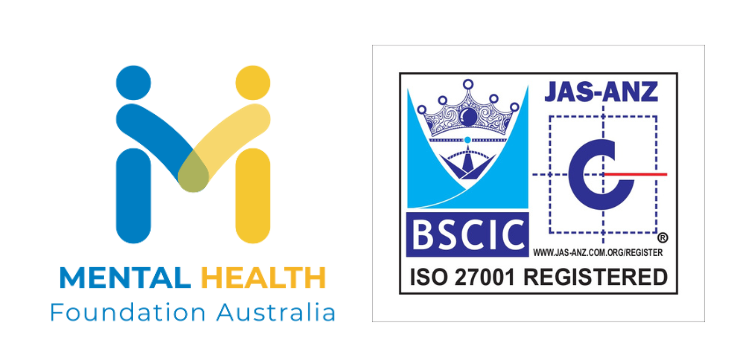About the
National Mental Health Advocates Program 2025
Role of the Advocates
Mental health advocates play a pivotal role in reshaping societal perceptions and responses to mental health. Their work spans across individual, community, and systemic levels, with a focus on raising awareness, reducing stigma, improving access to support services, and empowering individuals experiencing mental health challenges.
At Mental Health Foundation Australia (MHFA), our advocates include professionals, students, youth leaders, and carers—each selected for their demonstrated commitment to mental wellbeing and the meaningful impact they are making within their communities. These individuals exemplify leadership, compassion, and dedication, contributing to a more informed, inclusive, and supportive environment for all Australians.
Aim of the Mental Health Advocates Program
The Mental Health Advocates Program is designed to champion mental health awareness and support across Australia by promoting inclusive, multicultural approaches to wellbeing. Advocates play a vital role in fostering understanding, reducing stigma surrounding mental illness, and empowering individuals and communities through education, advocacy, and compassionate engagement. Their efforts contribute to building a society where mental health is valued, understood, and accessible to all.
Advocates act as key connectors between Mental Health Foundation Australia (MHFA), its Board and staff, and the communities they represent. Through their leadership and lived experience, they help promote MHFA initiatives as effective tools for engagement and inclusion. By amplifying community voices and encouraging participation, advocates strengthen the relationship between MHFA and the diverse populations it serves.
In addition to their advocacy work, the program provides community leaders with an official platform to contribute to the development and coordination of mental health-related programs within their local areas. Advocates are also offered opportunities for professional development, equipping them with the skills, knowledge, and support needed to drive meaningful change and foster resilience across communities.
What Mental Health Advocates Do?
- Mental Health Advocates play a vital role in raising public awareness about mental health. They educate individuals and communities on the signs and symptoms of mental health conditions, the importance of early intervention, and the value of open conversations. By normalising mental health challenges, advocates foster greater understanding and compassion across society.
- A key part of their work involves reducing stigma. Advocates share lived experiences to humanise mental health conditions and challenge harmful stereotypes often perpetuated in media, schools, and workplaces. They focus on topics such as anxiety, depression, mindfulness, and early intervention to promote a more informed and empathetic public discourse.
- Advocates also work to promote access to care by helping individuals navigate the mental health system and advocating for increased funding and culturally responsive services. Their efforts ensure that support is available and accessible to people from all backgrounds, particularly those in underserved communities.
- Supporting individuals directly is another cornerstone of advocacy. Mental Health Advocates offer peer support and mentoring and help connect people with professional resources and community services. Their presence provides reassurance and guidance to those who may feel isolated or overwhelmed.
- Mental Health Advocates influence policy by lobbying for mental health reforms, equitable funding, and inclusive legislation. They collaborate with organisations, councils, and policymakers to embed mental health into broader wellbeing strategies, ensuring that it remains a priority at every level of governance.
- Finally, Mental Health Advocates help build community resilience by creating safe spaces for dialogue and emotional expression. They promote social inclusion and support vulnerable groups, including youth, LGBTIQA+ individuals, culturally diverse communities, and those experiencing homelessness. Through these efforts, advocates strengthen the social fabric and contribute to a more connected, compassionate Australia.
Benefits for Mental Health Advocates
Mental Health Advocates gain a range of meaningful benefits through their involvement in the program including:
- A sense of pride and achievement of being part of MHFA Advocate program making a valuable contribution to the community
- A deeper connection to, and knowledge of cultural awareness programs
- Contribution to positive community health outcomes by assisting your community to engage in wider society
- Help develop community programs by providing direction and ideas for the ongoing growth of MHFA Advocate program
- An opportunity to represent Mental Health Foundation Australia in community and assist outgrowth.
- An opportunity to be the pioneer members of a growing dynamic community charity
- A chance to be the member of Mental Health Foundation Australia to promote better mental health for all.
MHFA Advocacy Initiatives
Mental Health First Aid Training
- Promote MHFA courses for community members, educators, and local business staff.
- Equip people with the skills to support others in crisis until professional help is available.
Let’s Talk
- Regular gatherings (in-person or online) led by trained advocates.
- Open forums for storytelling, emotional check-ins, and peer support.
Youth Mental Health Innovation Lab
- Engage young people in co-designing mental wellbeing solutions (apps, peer programs, social media campaigns).
- Provide mentorship from mental health professionals and community leaders.
Mental Health Pop-Ups
- Set up friendly, non-clinical booths at festivals, markets, libraries, and shopping centres.
- Offer resources, brief chats, and connections to services.
- Draft and submit recommendations to local and state governments.
Mental Health Meet-ups
- Partner with sports clubs, community organisations and mental health organisations to create safe spaces for people to talk.
- Feature rotating themes and guest speakers to encourage engagement and reduce stigma.
Policy Advocacy Roundtables
- Regular forums for advocates, professionals, and community leaders to identify policy gaps.
Art for the Mind
- Creative workshops (e.g., painting, journaling, music, digital storytelling) that explore mental health themes and promote healing.
- Showcase final pieces in community exhibitions to raise awareness and celebrate expression.


